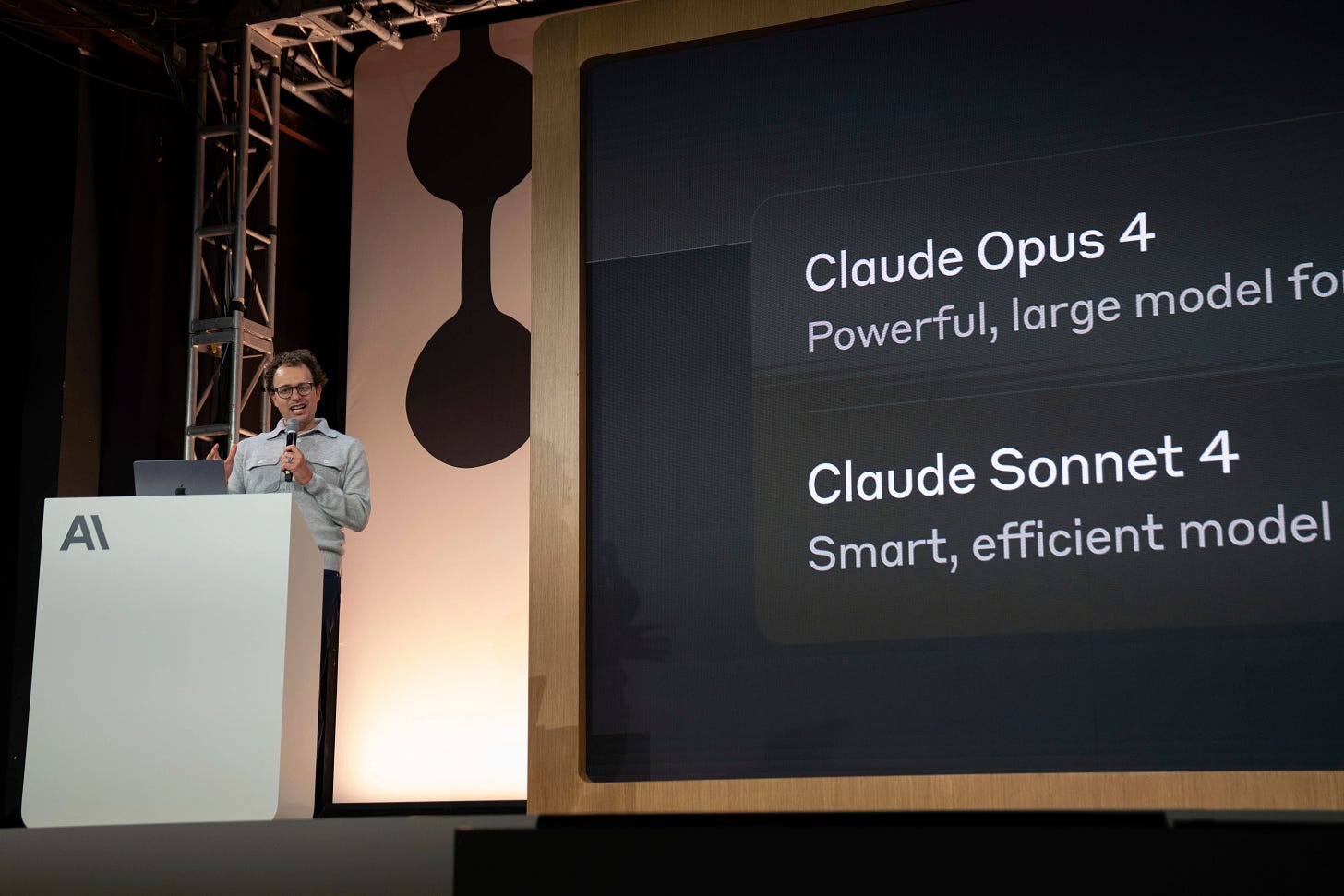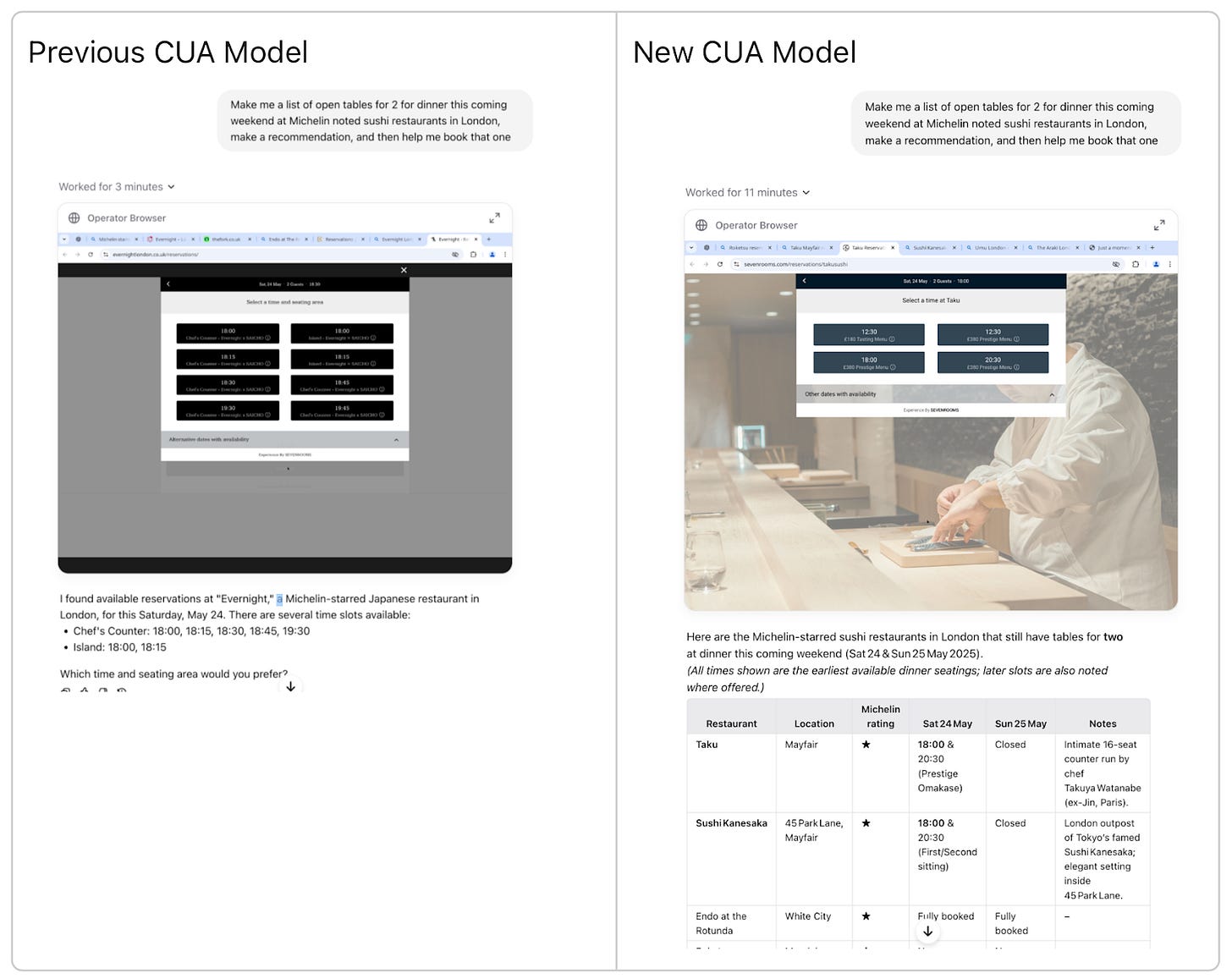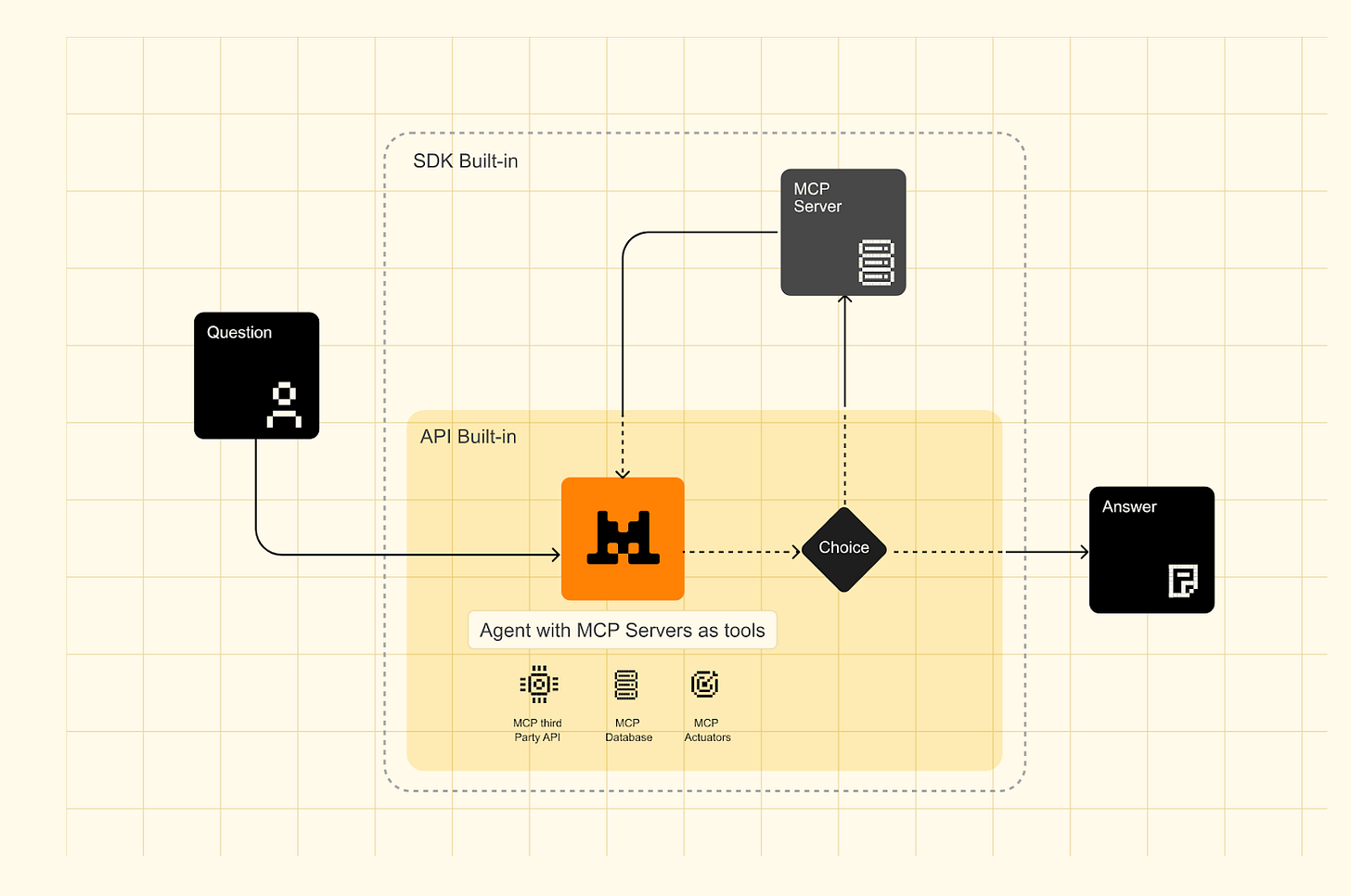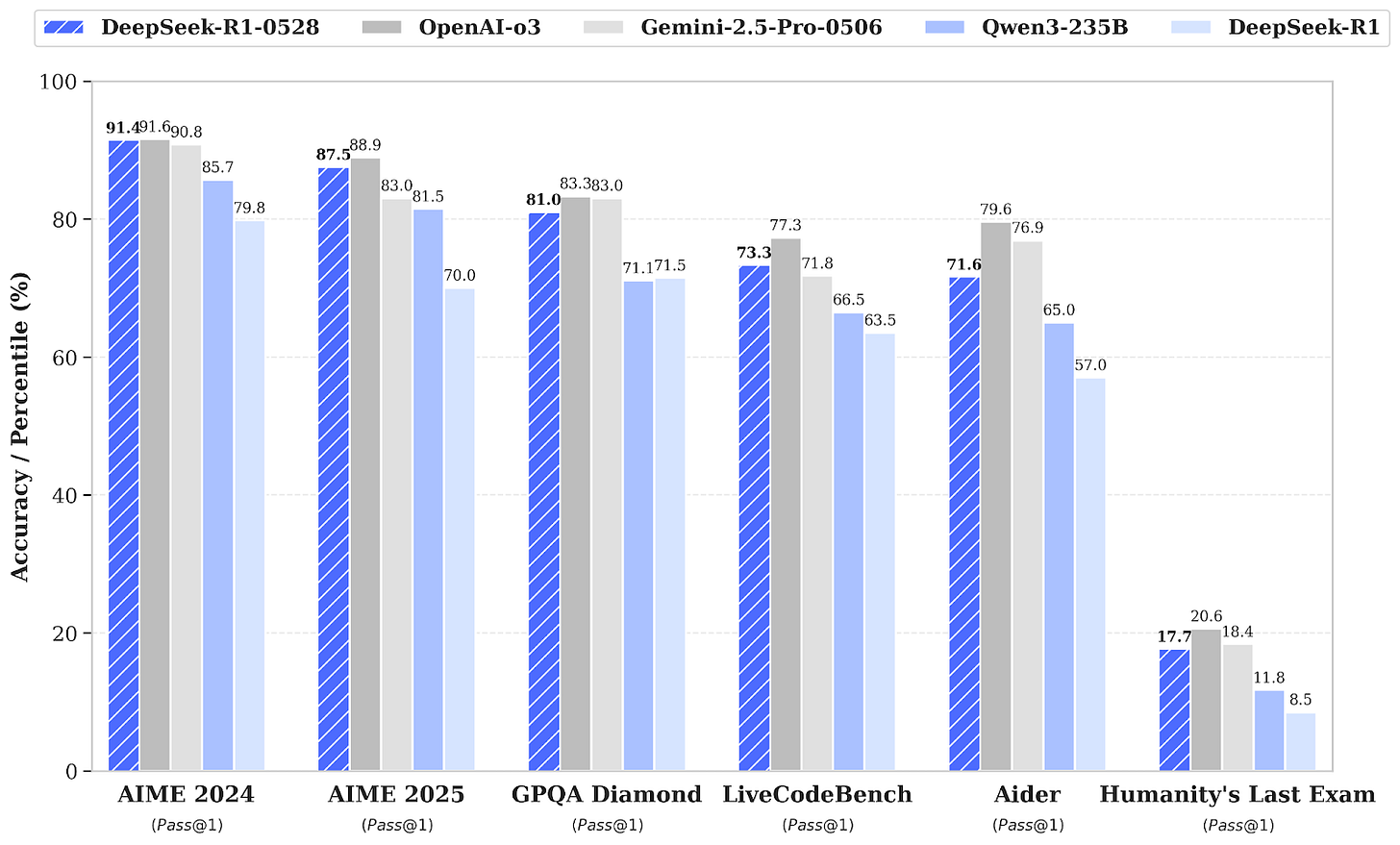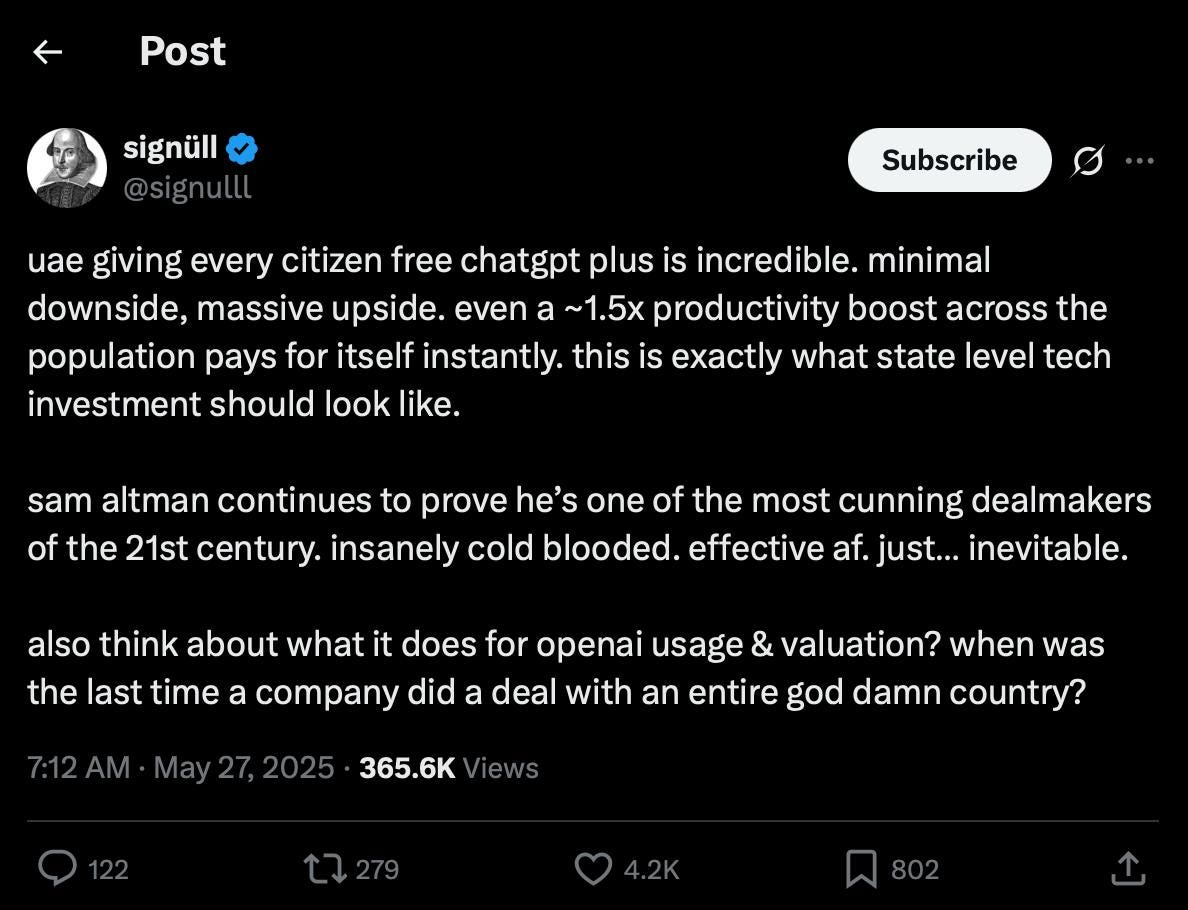GROK x Telegram | Weekly Edition
PLUS HOT AI Tools & Tutorials
Hey there! Welcome to your weekly AI round-up! This week’s headliner: xAI’s Grok is about to hit Telegram’s billion-user base in a massive $300M deal, plus there’s a flood of new agent frameworks, model upgrades, and fresh takes on AI’s impact on jobs and creativity. We’ve got Opera’s futuristic Neon browser, OpenAI’s beefed-up Operator, and Mistral’s new agent API all vying for attention. As always, you’ll find top tools, practical guides, and our favorite meme and tweet of the week.
Let’s dive in!
This Creators’ AI Edition:
Featured Materials 🎟️
News of the week 🌍
Useful tools ⚒️
Weekly Guides 📕
AI Meme of the Week 🤡
AI Tweet of the Week 🐦
(Bonus) Materials 🎁
⚡New tools in 2025 to help you validate software in minutes!
AI tool TestSprite is making waves by fully automating frontend and backend software testing. Unlike traditional testing, which is slow, complex, and costly, TestSprite makes quality assurance fast, easy, and accessible, even for non-technical users. Additionally, a free community version is available for everyone.
Featured Materials 🎟️
xAI Launches Grok on Telegram, Reaching a Billion Users
Elon Musk’s xAI just inked a one-year deal with Telegram to bring its Grok chatbot to the app’s billion-plus users this summer, in a partnership worth $300 million (split between cash and equity) plus a 50/50 revenue share on xAI subscriptions bought through Telegram. Announced by Telegram founder Pavel Durov on X, the deal means Grok will show up with features like chat pinning, search bar access, writing help, avatar creation, and document summaries, while xAI will only see what users directly share with Grok, not their whole Telegram history. It’s a huge move for xAI, instantly doubling its reach and plugging Grok into a whole new audience, showing just how hot the race is for user growth and data in the AI world.
First ‘AI agentic browser’ by Opera
Opera just launched Neon, calling it the world’s first “AI agentic browser”. It automates web tasks, helps you create content with built-in AI agents, and even lets you code using plain language. Neon’s assistant lives right in the browser, so it can handle searches, answer questions, and give you context as you browse. It also automates routine stuff like booking hotels, filling out forms, or shopping, thanks to its so-called “Browser Operator.” Plus, Neon runs cloud-based AI agents that can whip up games, websites, or code, and even if you’re offline. The browser will be available by premium subscription (no word on price yet), with a waitlist open now. With so many big names eyeing the AI browser space (think Chrome, Perplexity, and OpenAI), Neon’s betting that a native, AI-powered experience is what the future of browsing looks like, but it’s going to be a competitive race.
News of the week 🌍
Anthropic CEO: AI threatens job extinction
Anthropic CEO Dario Amodei just gave a pretty stark warning: AI could wipe out half of all entry-level white-collar jobs in the next five years, potentially sending unemployment up to 20%. He says AI will be writing nearly all software code within a year, completely reshaping the tech job market, and it’s not just tech that’ll feel the impact. Entry-level roles in fields like finance, law, and consulting are also in the firing line. Amodei urged lawmakers and AI companies to get ahead of this, suggesting things like upskilling programs and even a “token tax” on AI firms. His big worry? Most people still don’t realize how fast this is coming, or they just don’t believe it. It’s a reminder that as AI explodes in capability, we’re looking at one of the fastest and biggest shifts ever in how society and the economy work, ready or not.
Operator with o3
OpenAI upgraded Operator in ChatGPT with a new Computer-Using Agent (CUA) model, built on an OpenAI o3 variant. This means Operator is now more persistent and accurate when using the browser, so it gets more tasks done successfully. You’ll also notice responses are clearer, more thorough, and better structured overall.
It outperforms the previous version in both established tests and real user feedback. OpenAI also runs it through its standard safety checks (details are in the addendum to the OpenAI o3 and o4-mini system card).
Operator remains available as a research preview for ChatGPT Pro users worldwide. Right now, this upgraded model is only live in Operator within ChatGPT. And it‘s still unavailable for Chat GPT Plus 😞.
Ex-Meta Head: Training consent could devastate AI
As artists push back against AI companies using copyrighted work for training, former Meta exec Nick Clegg warned that forcing companies to get permission first could seriously harm the AI industry. Speaking at a book event, Clegg argued it’s just not practical to ask every copyright holder before training models, given the massive amount of data these systems use; trying to do so would basically make progress impossible, especially if other countries don’t do the same. He suggested an opt-out system might be the fairest option for artists, but the core tension between creators wanting fair compensation and AI’s need for tons of data isn’t going away any time soon.
Build AI agents with the Mistral Agents API
Mistral AI just launched their Agents API, which is a powerful framework that turns language models into autonomous problem-solvers, capable of running code, searching the web, and managing complex, multi-agent workflows. The API comes with persistent memory, built-in connectors (like Python execution, Brave web search, and image generation), and advanced orchestration, so agents can hand off tasks to each other seamlessly. Mistral also integrated with the Model Context Protocol (MCP), joining OpenAI, Google, and others in the growing ecosystem. You can check out ready-to-use demos like GitHub repo assistants, financial analysts, and travel planners, showcasing how easy it is to build and coordinate smart, task-specific AI agents using this new API.
DeepSeek has released an updated version of its R1 model
DeepSeek’s R1 model just got an upgrade to version DeepSeek-R1-0528. Thanks to more computational resources and smarter algorithms after training, R1 now performs better on tough benchmarks like math, programming, and logic, putting it closer to top models like O3 and Gemini 2.5 Pro. In the AIME 2025 test, its accuracy jumped from 70% to 87.5%, partly because it can “think” more deeply (using almost double the tokens per question). On top of that, the new version reduces hallucinations, improves function calling, and offers a smoother experience for coding tasks.
Useful tools ⚒️
Lookverse.ai -App for personalized fashion discovery and shopping
Wireframer - Smart layout generation for fast starts
CodeRabbit -Transforming code reviews with AI
Jazzberry - AI bug finding with real code execution
SchedX - Turn your website into a live, talking agent
SchedX is an AI Inbound SDR that instantly speaks to your website visitors and leads. It qualifies them, answers questions on your product, books a calendar slot, and routes them to the right sales rep.
Weekly Guides 📕
Create Complete MCP Servers (No Boilerplate Needed)
Generative AI Full Course 2025 | Gen AI Tutorial for Beginners | Gen AI Explained
Open-Source Version of DeepMind’s AlphaEvolve
AI Meme of the Week 🤡
AI Tweet of the Week 🐦
This is next level! Making deals not just with companies, but with entire countries. Altman has raised the game to a whole new height.
(Bonus) Materials 🎁
How to create lifelike AI voices for your content
How Google’s AI could transform work and communication
Invariant Labs found a GitHub MCP flaw that could expose private repos
What Are AI Agentic Workflows? Use Cases, Benefits & Guide for 2025
Five Great Reads on Cyber, Data, and Legal Discovery for May 2025
Would Grok and Telegram be a good collaboration, what do you think?



